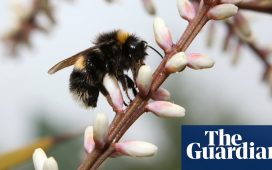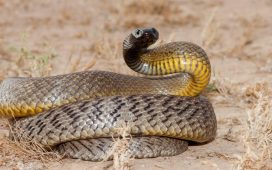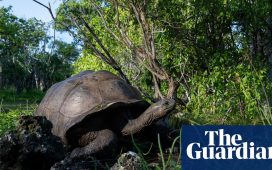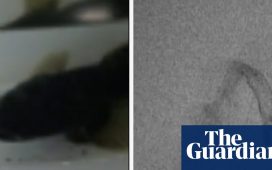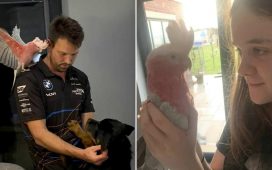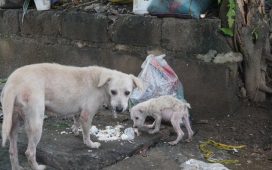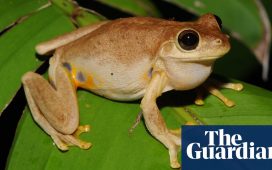Tourists visiting a Thai zoo who have fed and cuddled monkeys there are being warned they could be at risk of catching tuberculosis from them after the animals were filmed suffering from unusual, repeated coughing.
Dozens of monkeys at the Samui Monkey Centre were filmed with coughs, which investigators said could be a sign of an infectious disease such as tuberculosis (TB).
The witnesses, who say they have together visited more than 100 animal centres worldwide, reported that this was the first time they had seen widespread coughing in primates.
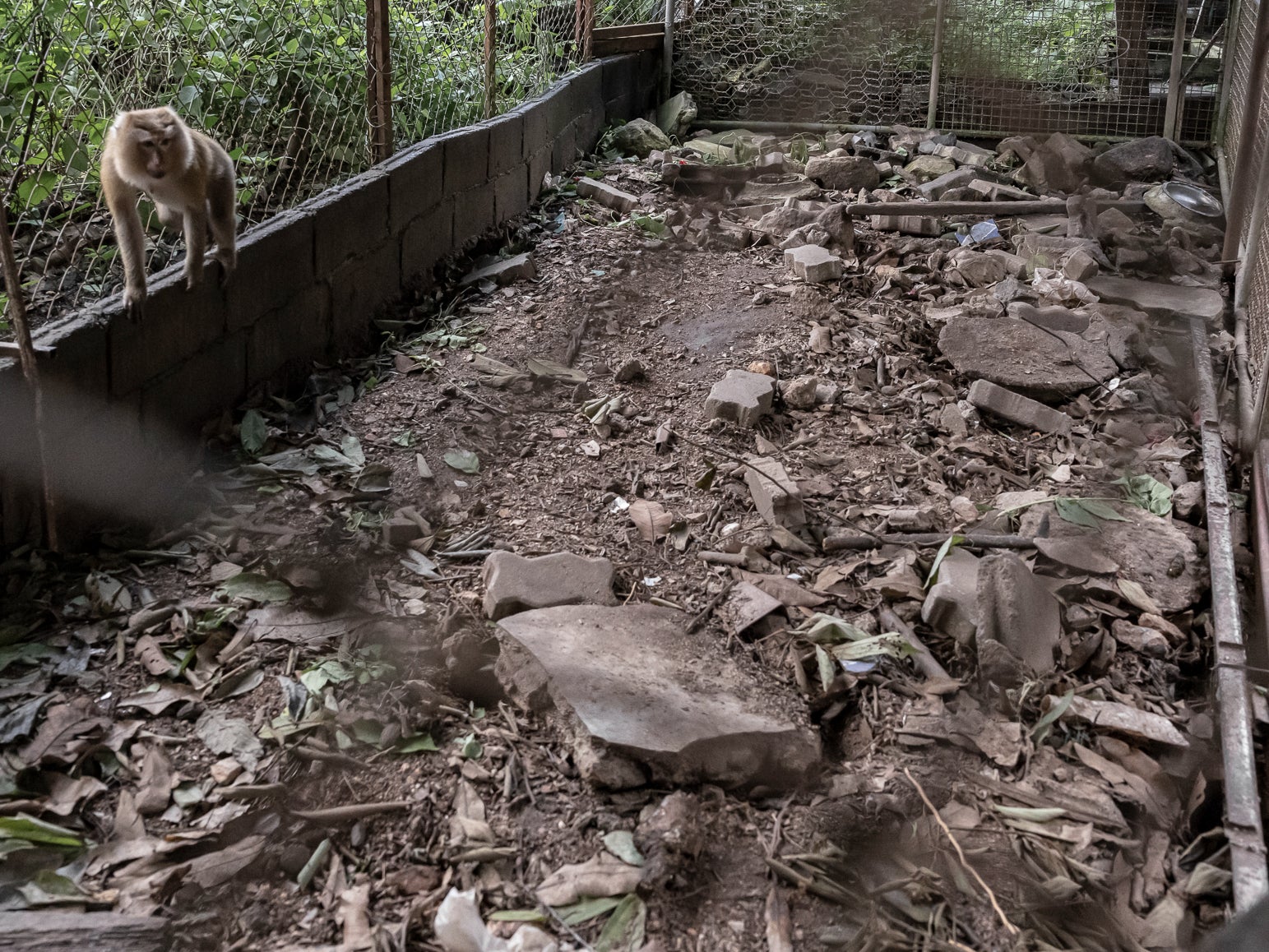
Past reviews on the Tripadvisor website suggest monkeys were coughing at least nine months before the investigation, “so the problem is thought to be persistent”, according to activists from the Moving Animals organisation, which documents animal cruelty globally.
The centre, on the tourist island hotspot of Koh Samui, encourages visitors to physically interact with its animals by feeding, touching and hugging them.
Thailand is among the 30 countries with the highest TB rates in humans, according to the World Health Organisation, and investigators from Moving Animals said the risk of humans and the monkeys infecting one another and spreading the disease more widely, was a threat to public health.
Scientists say coughing in monkeys could also be a sign of the common cold caught from humans, pneumonia, whooping cough or other respiratory diseases.
Millions of tourists each year from around the world visit Koh Samui, and the activists warned they could potentially take any diseases caught from monkeys back home with them.
Photographs and footage taken by the undercover investigators show dozens of monkeys kept in tiny cages, some held on short chains by their necks.
Rubbish including plastic bottles and crisp packets, and even bricks could be seen inside cages.
And the monkeys displayed “neurotic” behaviour, including frantically pacing back and forth – widely considered a sign of stress. “Several monkeys were noted to be eating twig branches in a possible sign of hunger and malnutrition,” a spokesperson for the investigators said.
A deer was kept alone in a small enclosure with a surface entirely of thick mud, leaving it with no appropriate space to rest, it was claimed, while a binturong, a protected species threatened with extinction, “appeared severely lethargic and possibly close to death”.
The activists branded the place a “hellhole” for animals and the conditions “cruel and dangerous”, as they urged authorities to send the animals to a sanctuary.
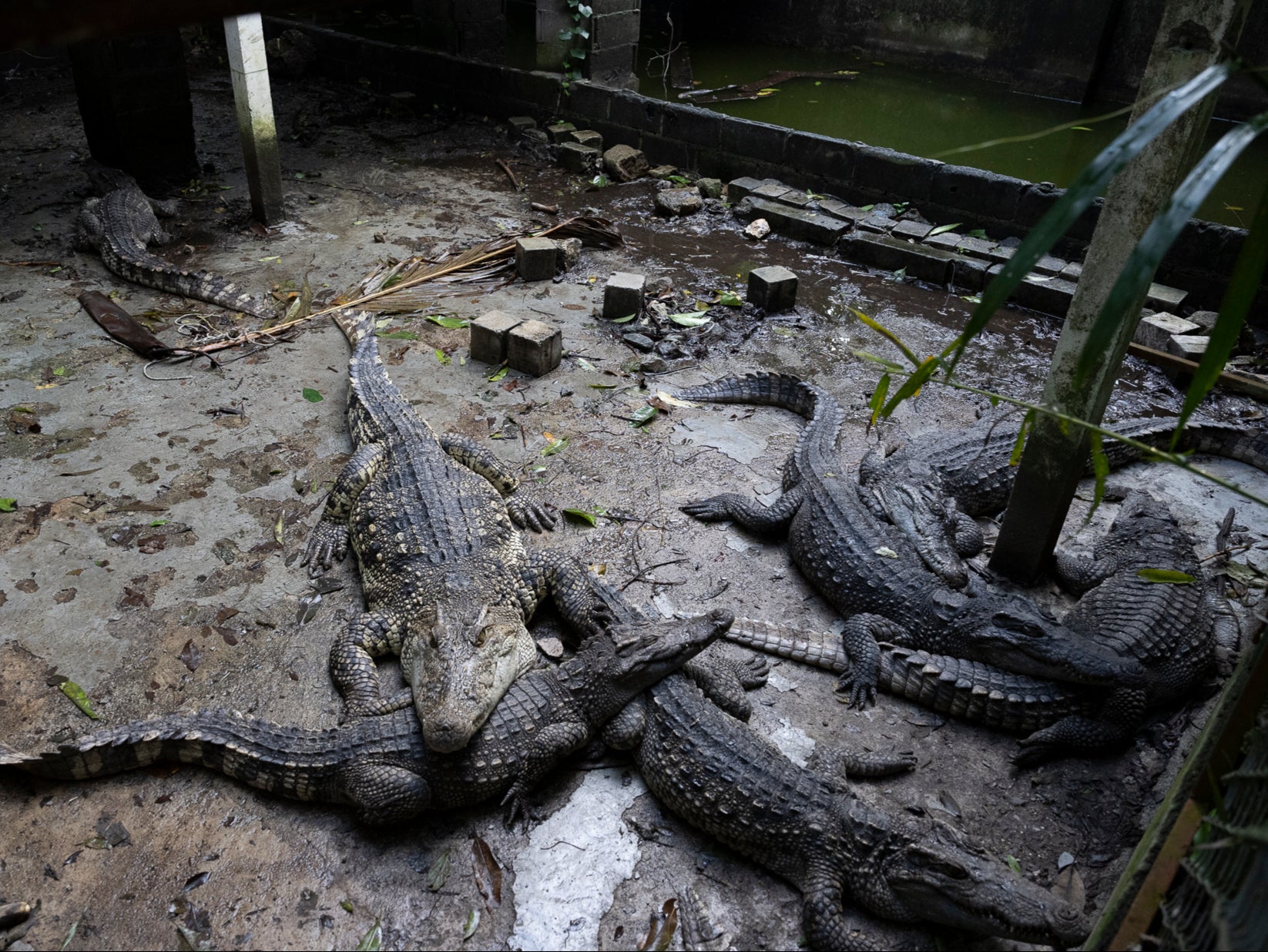
Crocodiles were seen in a barren cage with a dry floor with concrete blocks but no mud or water.
A licence at the centre’s entrance showed it had the right to “display animals for educational purposes”, not to act as a zoo, and required signature sections were left blank, the investigators said.
Thailand’s biggest wildlife sanctuary, Wildlife Friends Foundation Thailand (WFFT), has offered to house the animals.
Director Edwin Wiek said: “It was devastating reviewing the investigative footage.
“At just a few months old, it’s heartbreaking to know the baby monkey documented will spend the rest of his life in a barren cage, pacing in frantic circles, and as far from nature as you can imagine.
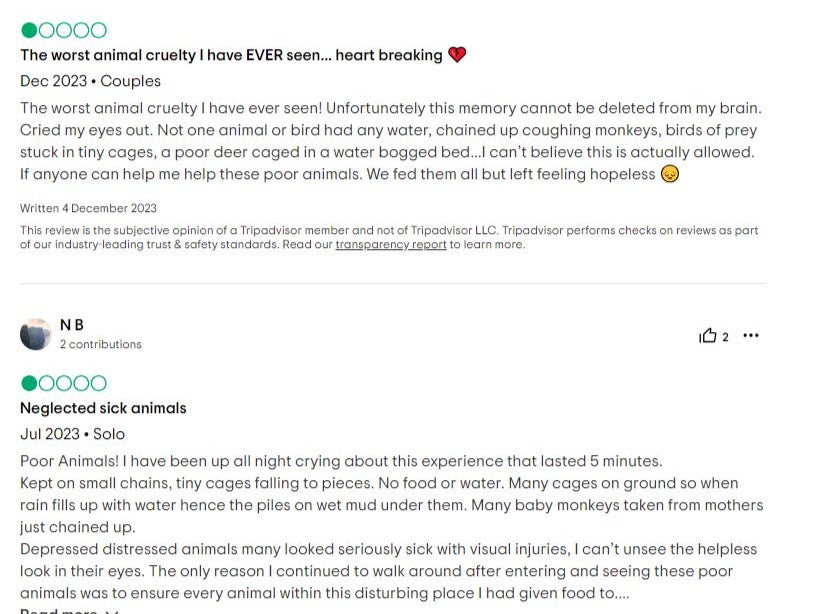
“That’s why we’re urgently seeking to rehome him and the dozens of other animals trapped in this hellhole.”
He said the sanctuary had received several disturbing reports about the centre, and “we are deeply concerned about the horrific animal cruelty documented, as well as the public health risk posed by the health conditions of the animals at the zoo”.
The Samui Monkey Centre did not respond to requests by The Independent to comment.

